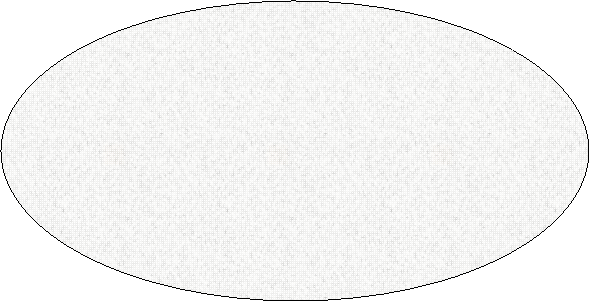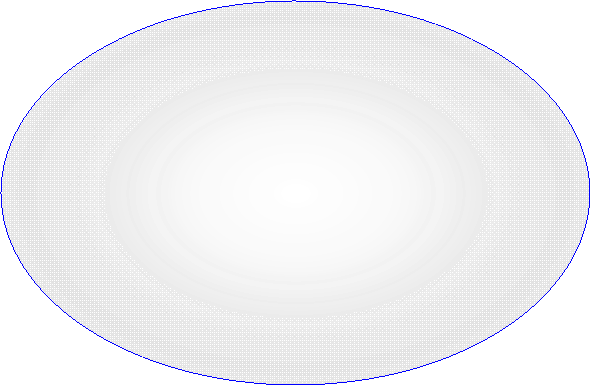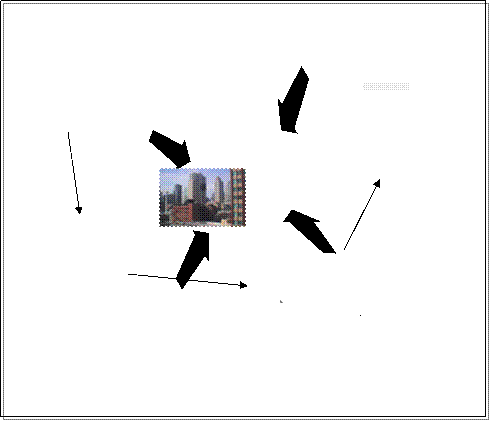CHAPART 3: POSTMODERN CITY
& TRANSFORMATIONAL CONVERSATIONS
In Part 2, I developed the theology and explored missiological implications of five phases of transformative revival process. I extended classic definitions of revival into cultural engagement and renewal, seeing in the distance the potential response of cultural revitalisation. I identified eight processes that occur at increasing levels of complexity for each phase and analysed the dynamics of revival movements. These were derived in a “pneumatological conversation” between the New Zealand revival context and global revival theories. In chapters 10 and 11, I indicated prophetic and apostolic roles for expanding revival into cultural engagement in societal sectors and examined this dynamic in the business sector in detail.
But what if the culture was to respond in a cultural revitalisation (Phase 5)? In Part 3, I give reasons why postmodernism is a season for such a hope. For the New Zealand landscape is littered with revived people and fuzziness. Few have questioned what such a cultural revitalisation would look like, of “transformation into what?”[1] This vacuum of astute prophetic analysis allows for a multiplication of erratic prophetic statements. The revived people mill around like the harassed and helpless sheep of Jesus’ day, reactive to any area that is clearly in violation of Scriptures but unable to carry their secular friends forward into any promised land.
In Part 3, I develop the “city conversation” about a vision for Auckland. While such a question of “transformation into what?” is deceptively simple, we are dealing with transformation of a complex multivariate situation when examining the modern (Chapter 2) and postmodern (Chapter 3) urban context of Auckland.
I then interface these with theology in the “transformational conversation”. This requires them to relate to multivariate themes as big or bigger in the Scriptures. I will utilise two major biblical themes, the city of God (Chapter 3) and the Kingdom of God (Chapter 4), anchoring both back into the work of the Spirit.
Such transformation implies multiple starting points and multiple better end points. So it would be foolish to attempt simple statements of goals for the city (that is the role of politicians at any time), but my purpose is to identify critical transformational conversation spaces where these themes intersect with modernity and postmodernism.
Fig. 1: The Transformational Conversation About Vision


Fig. 1: Part 3 develops a framework centring on the transformational conversation about vision for the city. It uses a biblical framework of the ideal city (part of the theological conversation), extends it through the city conversation, involving contextual reflection on urban and postmodern theories related to Auckland, then relates these to theological themes within the Kingdom of God. Each of these adds holistic elements to our understanding of the goals of transformative revival.
